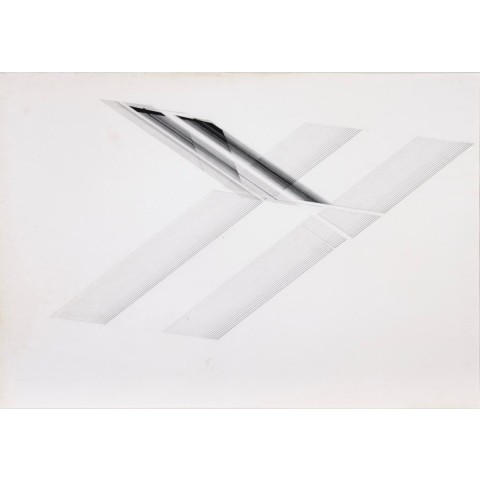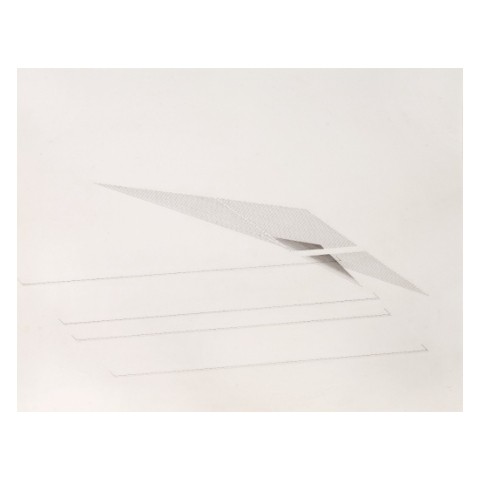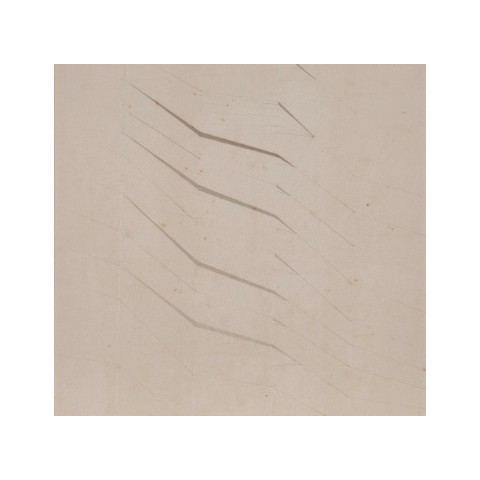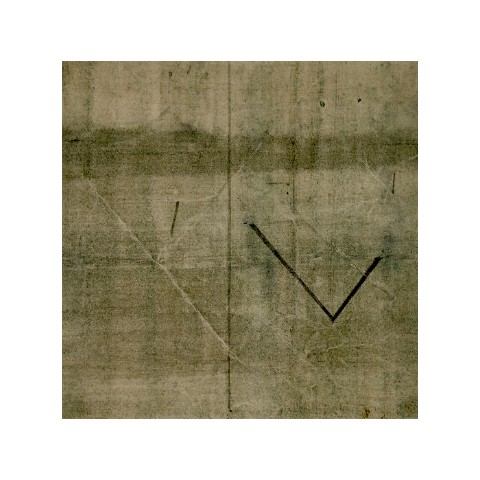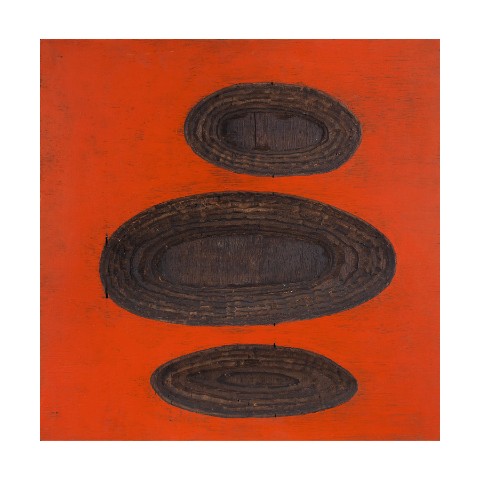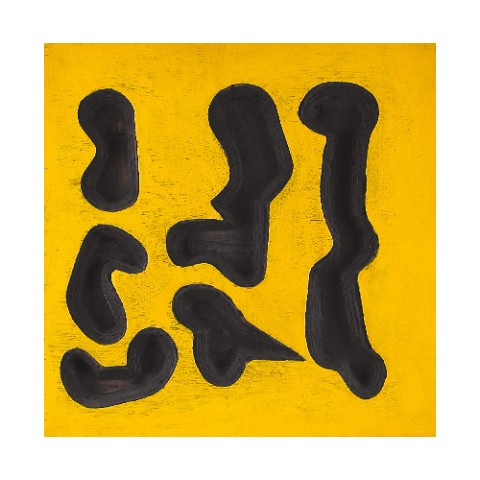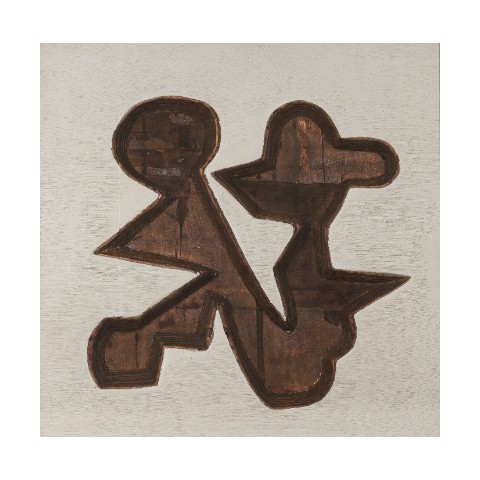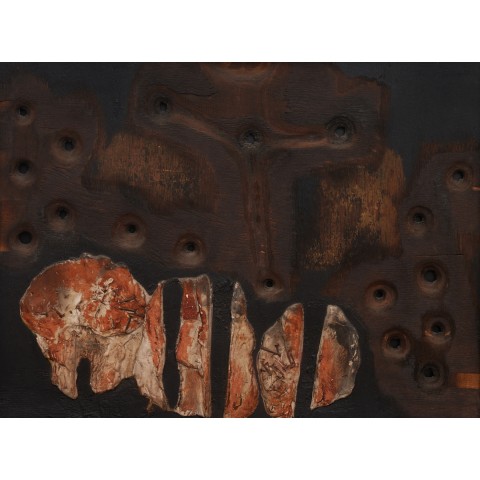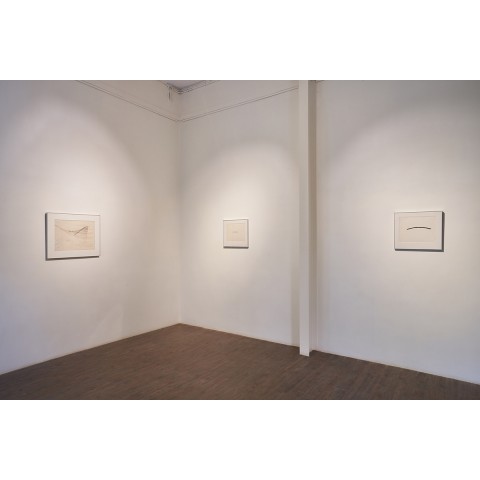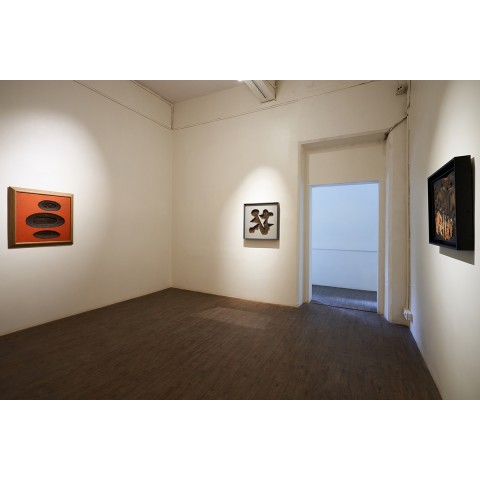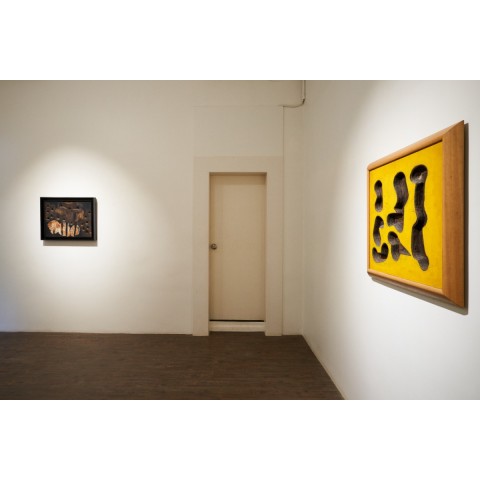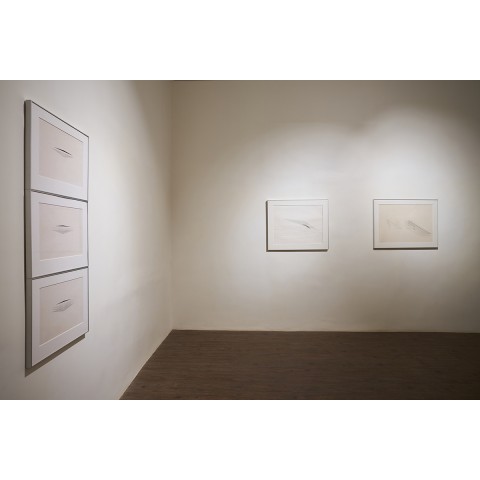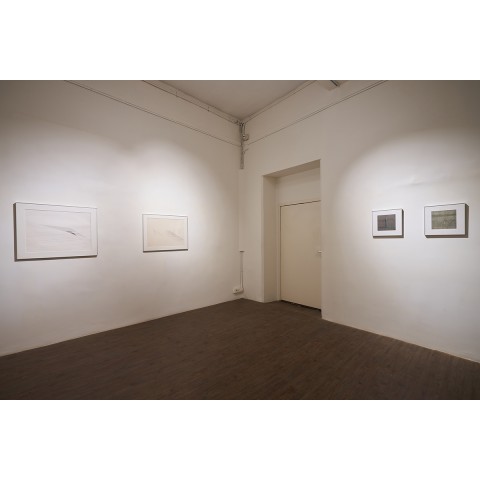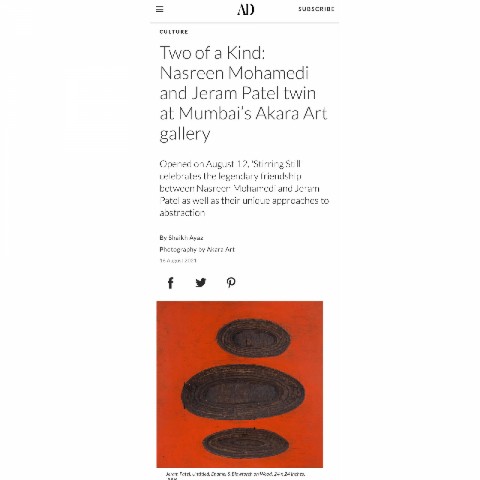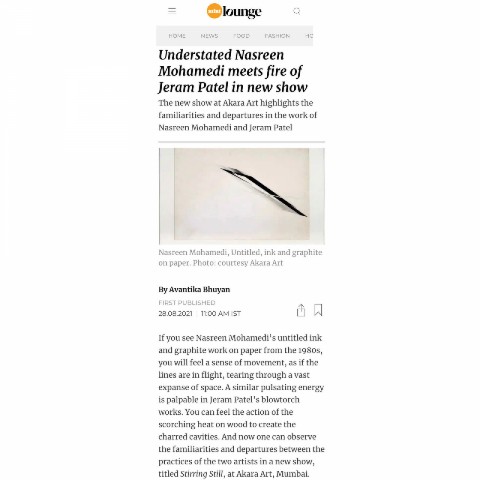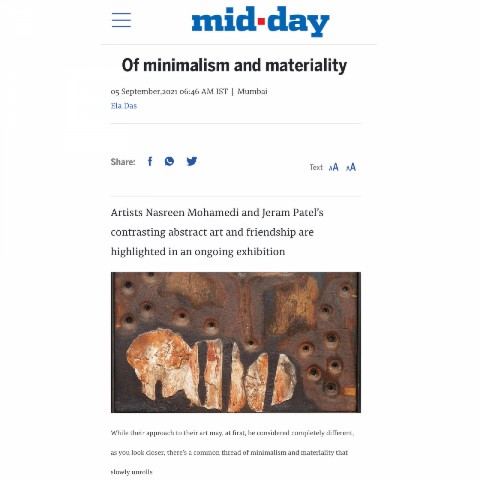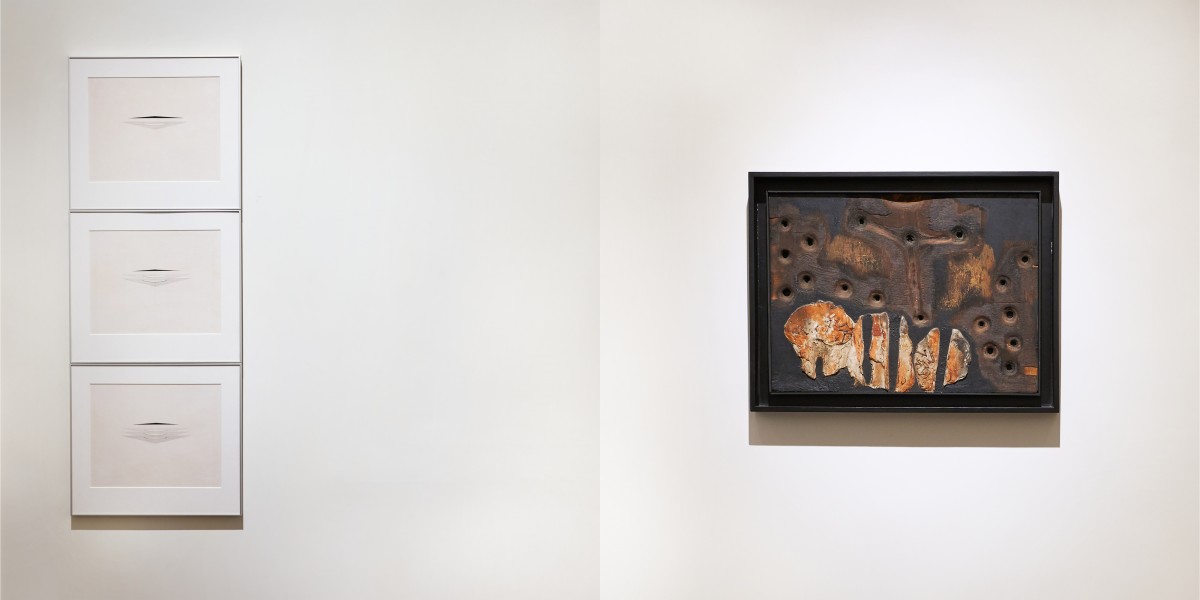
STIRRING STILL: NASREEN MOHAMEDI | JERAM PATEL
August 12 - September 24 , 2021
The pairing of Nasreen Mohamedi and Jeram
Patel in a two-artist exhibition is so natural that it is surprising no such
show has previously been attempted. Though Patel and Mohamedi came from very
different backgrounds, they studied in Europe within a few years of each other
and became friends in Bombay during the 1960s, when Mohamedi had a studio at
the famed Bhulabhai Desai Memorial Institute. In the succeeding decade, she
joined the Faculty of Fine Arts at MSU University in Baroda where Patel was a
professor, and they stayed colleagues until her retirement in 1988, a mere two
years before her untimely death.
Both dabbled in figurative painting early
in their careers but were drawn to non-representational modes as they matured. The
tussle between figuration and abstraction is successfully resolved in one of
the present show’s most impressive works, a composition by Patel which utilises
the barest hints of anatomical detail to depict the crucified Jesus and a
huddle of mourning witnesses. In the 1960s, Patel began producing
black-and-white drawings in ink on paper, a form that was rarely explored in
India at the time and which Mohamedi also adopted. These affinities of form and
medium led Geeta Kapur to conclude, in a tribute to Mohamedi, “If in the Indian
situation we want to find a single complementary (also in a paradoxical sense,
contradictory) artist vis-a-vis Nasreen, it should finally be Jeram Patel.”
The complementary aspects of their lives
and practices have already been described, but it is the contradictory ones
that predominate in the present display. Perhaps the most significant
opposition concerns materiality and dematerialisation. The form with which Patel
is most closely associated, and which features in all his works here presented,
involved burning shapes into wood using a blowtorch. The charred cavities thus
created variously bring to mind geological sediments, archaeological strata,
open-pit mines and exhumed graves. Patel’s excavatory impulse, evoking long
stretches of history, is inverted in Mohamedi’s delicate networks of lines and
arcs, extraordinarily precise in their geometry, light and luminous, which
conjure things evanescent, fleeting, not-quite-there. Paradoxically, Patel
employed negative space, in other words nothingness, to design works imbued
with materiality and presence, while Mohamedi used the materiality of graphite
and ink to suggest absence, intangibility, and ephemerality.
The wider sense of the exhibition title,
alluding to stilled voices whose works continue to provoke and move us, applies
to all creative endeavours that stand the test of time. A second layer of
meaning, which is more specific to Mohamedi and Patel, acknowledges and
celebrates the encoding of different types of temporality within their static
compositions.
